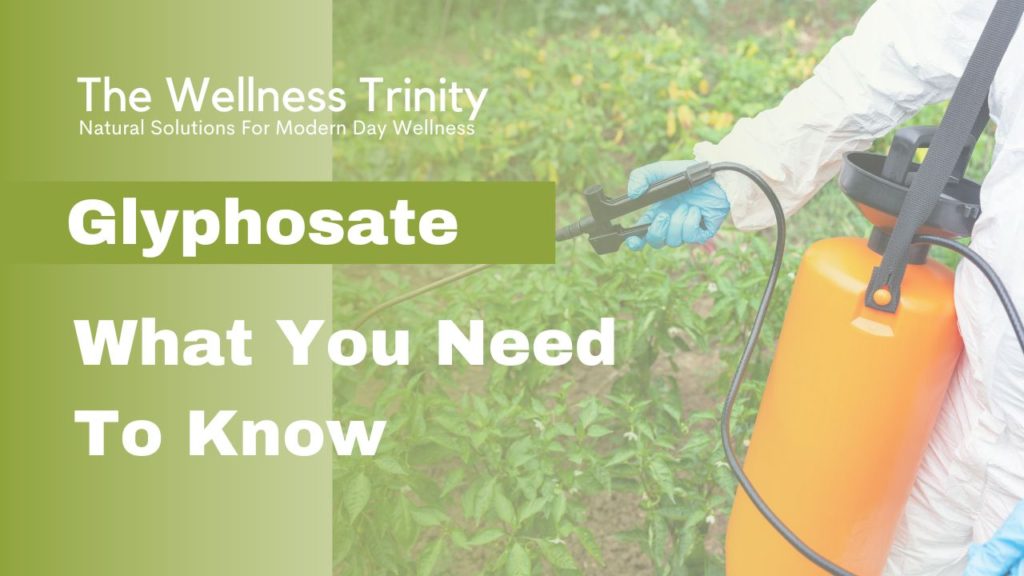What is Glyphosate?
Glyphosate is a chemical compound that is used as a broad-spectrum herbicide to control the growth of weeds and other unwanted vegetation. It was first introduced by Monsanto (now owned by Bayer) in the 1970s and is now widely used in agriculture, landscaping, and other industries.
How Does Glyphosate Work?
Glyphosate works by inhibiting an enzyme called EPSP synthase, which is involved in the synthesis of certain amino acids that are essential for plant growth. When the enzyme is inhibited, the plant is unable to produce these amino acids and eventually dies.
Glyphosate is most effective when it is applied directly to the leaves of the plant, where it is absorbed and transported throughout the plant’s system.
Risks and Health-Related Issues
While glyphosate is generally considered safe for use when used according to label instructions, there have been concerns raised about the potential risks and health-related issues associated with its use.
One of the main concerns is the potential for glyphosate to be a carcinogen. In 2015, the International Agency for Research on Cancer (IARC), a division of the World Health Organization, classified glyphosate as a “probable carcinogen.” This classification was based on studies that showed an increased risk of non-Hodgkin’s lymphoma in people who had been exposed to glyphosate.
However, other organizations, including the U.S. Environmental Protection Agency (EPA), have concluded that glyphosate is not likely to be carcinogenic to humans when used according to label instructions.
Another concern is the potential for glyphosate to harm the environment and non-target organisms, such as bees and other pollinators. Studies have shown that glyphosate can have a negative impact on soil microorganisms and can reduce the diversity of plant species in treated areas.
In addition, there have been concerns raised about the potential for glyphosate to have negative effects on human health, including disruption of the endocrine system, reproductive effects, and neurotoxicity. However, the evidence for these effects is currently limited and conflicting.
Conclusion
In conclusion, glyphosate is a widely used herbicide that has been the subject of much debate in recent years. While it is generally considered safe when used according to label instructions, there are concerns about its potential risks and health-related issues. As with any chemical, it is important to use glyphosate responsibly and in accordance with label instructions to minimize any potential risks.









